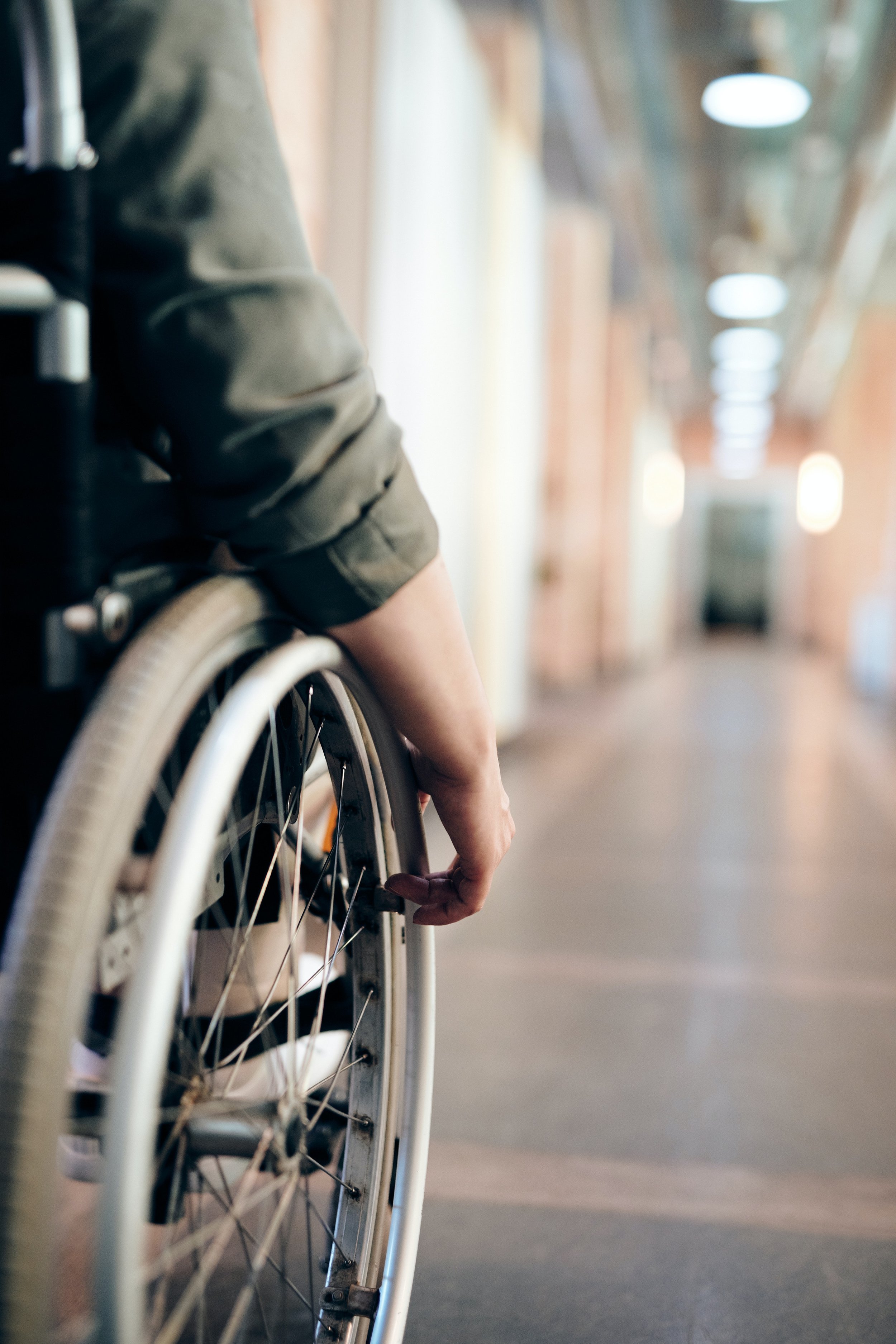Here’s a new label caregivers can wear proudly. We are pro-life
Amid all the hubbub about abortion in the national conversation today, the world little needs one more opinion on the subject, so I’ll spare you most of mine.
But all the talk about life has led me to a decision about myself and several others I’ve come to know or know about in the last year.
Caregivers are pro-life.
Clinging to life
Caregivers seek to preserve quality of life, dignity of life, and length of life for spouses or parents or children whose life has been compromised in the most tragic of ways. Caregivers work day and night to provide the best life possible for the debilitated family member or friend struggling beside them.
Caregivers cling to life, the life they knew before Alzheimer’s or Parkinson’s or stroke or traumatic injury. Caregivers seek to experience at least some measure of that life as they take their spouse to church and allow friends to redirect her when she’s lost in the hall. Or take their spouse to family outings or get-togethers with friends, even though they must leave early because the patient is restless and ready to go.
Caregivers cling to life.
Caregivers look for smiles when they show family pictures and hope for laughter when they tell a joke. Caregivers prod memories, repeat stories from happier times, and search for connections with dear ones whose brain or body is failing them. Caregivers love the life they once knew with their loved one. Caregivers nurture the life they still find amid illness or disability.
It isn’t easy. How many of those advocating choice would assert, “No one’s forcing you to accept this situation.”? Yes, it’s possible to divorce the ailing spouse, or to ignore a demented parent in a nursing home and get on with money-making or childrearing or pleasure-pursuing. Our laws allow such choice.
No one’s forcing you to accept this situation.
But millions of caregivers have chosen something else. They’ve sacrificed personal goals, preferences, and income all for one reason. Life. They’re committed to making the most of the life deteriorating before their eyes.
For them, it’s not about their convenience or career. They’re not thinking about self-actualization or plans for the future that must be put on hold. They don’t stop to calculate the cost of care—financially or physically. (Or more likely, they do anticipate the costs, but they plow ahead anyway, determined to find solutions.) Instead, they are committed to the life of the person they love.
Pondering life
The whole pro-life/pro-choice standoff in our country raises many questions for me.
To the pro-choice advocate, I want to ask, “What value or standard or impulse insists on choosing what’s best for me at the womb but forbids it beside the wheelchair of an incontinent, crippled parent?”
And I have even more questions for myself, as someone who’s always advocated the pro-life position. Sometimes I wonder, “Do I really mean it?”
• What steps will I take to foster the flourishing of so many unwanted, under-nourished, under-educated children populating our country?
• How will I address the complicated combination of economic and cultural realities that trap families in poverty and pressure women to see abortion as their only alternative?
• Will I give time—or at least approval—to efforts at lifting people out of the life-threatening quicksand created by decades of racism and other injustice?
• Can I find a way to nurture life, the best life possible, for those whose lives are different than my own?
Choosing life
The challenge seems overwhelming, but I know one thing I can do. I can be encouraged by the ranks of loving, committed caregivers who set an example for me through their work with the disabled individuals in their world.
If nothing else, I’ll try to follow in their footsteps wearing a label we should be proud to own. We are pro-life.
Ultrasound photo by MART PRODUCTION; wheelchair photo by Marcus Aurelius, Pexels.com


